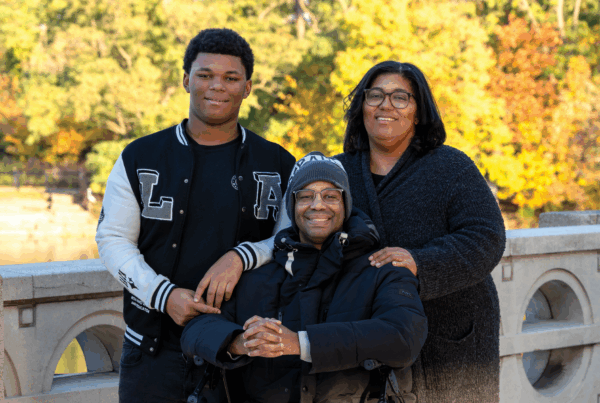Three Illinois municipalities voted this month to repeal unconstitutional panhandling ordinances, responding to a warning letter sent by attorneys from the Law Project at the Chicago Coalition for the Homeless, ACLU of Illinois, and the National Law Center on Homelessness and Poverty.
Including Chicago, 12 Illinois municipalities have repealed panhandling ordinances after receiving warning letters within the past year.
More than 75 municipalities across the U.S. have repealed after being advised by advocates working with the national Housing Not Handcuffs campaign.
Two southern Illinois cities, Carbondale and Glen Carbon, repealed panhandling ordinances in city council votes on August 27, city officials reported. North suburban Woodstock repealed its ordinance in an August 6 vote.
“Carbondale is the (12th) city in Illinois to have repealed its panhandling ordinance in the past year. The U.S. Constitution guarantees that everyone has the right to ask for help, and these ordinances violated that mandate,” CCH Community Lawyer Diane O’Connell told The Southern Illinoisan, following Carbondale’s vote.
Fifteen municipalities were sent letters in August 2018. Nine later dropped their ordinances: Aurora, Champaign, Chicago, Decatur, Elgin, Moline, Oak Park, Peoria, and Urbana. Two more, East St. Louis and Rockford, reported placing moratoriums on their ordinance, but have not yet reported repeals.
In a second round of letters sent July 18, eight municipalities were warned. This series of letters included new warnings to O’Fallon and Glen Carbon, and follow-ups to six cities that failed to act, or in Woodstock’s case, failed to adequately amend its ordinance.
Advocates are awaiting action by Cicero, Danville, Joliet, and Rockford.
“Panhandling laws unfairly criminalize people experiencing homelessness for exercising their First Amendment rights. Every person has the right to ask for help. These communities need to comply with the Constitution,” said Ms. O’Connell.
Panhandling cases for CCH are co-counseled with Staff Attorney Arturo Hernandez. This includes a federal lawsuit filed in August on behalf of two men repeatedly ticketed for panhandling in suburban Downers Grove.
A 2015 U.S. Supreme Court ruling made it clearer than ever that most laws targeting panhandlers are unconstitutional. Although the case (Reed v. Town of Gilbert) was not about panhandling, the court clarified that any regulation of speech based on subject matter or purpose are unconstitutional unless the government can prove to a very high standard they are necessary. Since then, judges have consistently struck down panhandling ordinances across the country, and many other cities have repealed their laws.
“The leaders of these communities cannot ignore our Constitution,” said Amy Meek, senior staff attorney at the ACLU. “They have been put on notice that they need to repeal these ordinances. It has been four years since the Supreme Court ruled that governments must not regulate speech on the basis of its subject matter or purpose, but these ordinances are still on the books and still enforced. It is time to act.”
Many of the bans are long-standing ordinances that were not updated to address changes in Supreme Court jurisprudence. The letters cite creative approaches to reducing panhandling, like an effort in Philadelphia that established a day shelter in an unused transportation station in the city’s downtown. The ACLU and CCH argue that such approaches are more appropriate than barring individuals from panhandling.
– Anne Bowhay, Media
The Southern Illinoisan: Carbondale City Council votes to eliminate panhandling prohibition
The Herald-News: ACLU again urges repeal of Joliet panhandler law
The Southern Illinoisan: ACLU sends second letter to Carbondale raising concerns over panhandling ordinance





